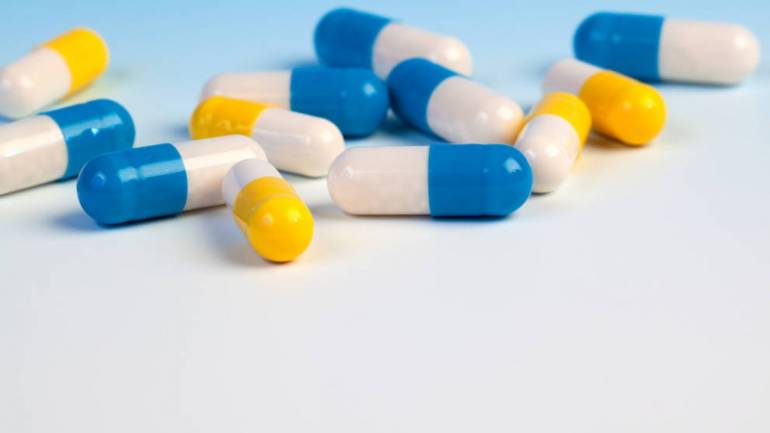While the industry has assured that it has sufficient inventory for 2-3 months in view of the holiday period in China, and expectations of supplies from China resuming by end of February, the government had a rethink.
The government, which was contemplating the imposition of export restrictions on certain essential medicines to avoid shortages, has now asked the industry instead to self-regulate its drug exports and avoid hoarding, at least two people who are part of government's consultation process said.
The government was planning to restrict the export of 12 formulations that included the restriction of Vitamin B1, Vitamin B12, Vitamin B6, the antiviral Aclycovir, the hormone drug Progesterone, and antibiotics such as Ornidazole, Clindamycin, Erythromycin, and Neomycin among others.
While the industry has assured that it has sufficient inventory for 2-3 months in view of the holiday period in China, and expectations of supplies from China resuming by end of February, the government had a rethink.
“The government hasn’t banned any drugs. It is a restriction and an exercise in self-regulation as far as the export of drugs are concerned so that we don’t go out of stock,” said Sudarshan Jain, Secretary General of Indian Pharmaceutical Alliance (IPA), the industry body that represents large domestic pharmaceutical companies.
The Coronavirus Disease – 2019 (COVID-19), was first reported in Wuhan city, Hubei Province in China on New Year’s Eve in 2020.
According to official estimates, the number of confirmed cases in China stands at 75,777, with 2,130 deaths as of February 20, 2020.
Till date, there is no known cure for COVID-19, though some countries are known to be using a mixture of anti-HIV drugs to treat coronavirus infected patients. The disease outbreak however had caused disruption of supply chain.
India is a net importer of bulk drugs, intermediates and key starting materials (KSMs) from China. The imports from China valued at $4.5 billion in FY19, which constituted more than two-thirds of its imports.
A few pharma companies have seen price escalation off late in some imported bulk drugs and in intermediates such as paracetamol.
Another pharma company executive, who didn’t want to be named, called the proposal of export ban as an overreaction at this stage.
“As per our information, our Chinese suppliers haven’t gone back on their supply commitments, though there is a problem in Hubei region. The factories in other parts of China have commenced operations, the normalcy of the supply will be restored soon,” the above executive said.
The executive also said the time is also ripe to take concrete steps on how can we minimize our dependence on Chinese raw materials.
Currently, India doesn’t have the capability to produce the key starting material and intermediates that are manufactured by China.
“The impact is expected to be moderate this quarter,” said Crisil Ratings in its latest report.
“But, a delay beyond 2-3 months due to continued low production or an extended lockdown would impact Indian corporates much more severely,” the report added.
Pharmaceuticals Export Promotion Council of India (Pharmexcil) said the exports are stable till January. Pharmexcil expects Indian drug exports to cross $22 billion in FY20 with growth of 15 percent.Exclusive offer: Use code "BUDGET2020" and get Moneycontrol Pro's Subscription for as little as Rs 333/- for the first year.














